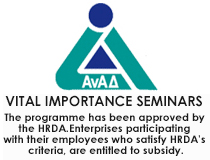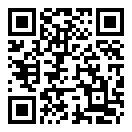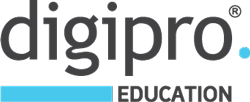DAY 1 – SUNDAY
16:30 – 18:30
Overview of ISTE Standards and their Role in Shaping 21st Century Education
-
Introduction to the ISTE Standards and their key components.
-
Presentation on the seven ISTE Standards for Students and their role in shaping 21st-century learning.
-
Discussion on how each standard applies to modern educational practices.
Case Study 1: The ISTE Standards for Students: Empowered Learner
-
How students can leverage technology to take an active role in learning.
-
Setting learning goals, developing strategies to achieve them, and reflecting on the learning process.
-
Understanding how technology works and using current technologies effectively.
Case Study 2: The ISTE Standards for Students: Digital Citizen
-
How students can recognize their responsibilities in digital communities.
-
Safeguarding well-being by being intentional about online presence.
-
Protecting digital privacy and managing personal data online.
Project 1:
-
Redesign an existing lesson plan with ISTE-aligned strategies.
-
Focus on enhancing creativity, collaboration, and critical thinking.
-
Present the projects on the seminar blog and discuss with the group.
DAY 2 – MONDAY
09:00 – 10:30
Why Should Teachers Improve Their Practice?
-
Learning from others and exploring proven practices to improve student learning.
-
Setting professional learning goals that leverage technology to improve practices.
-
Participating in local and global learning networks and staying current with research.
Case Study 1:
10:30 – 12:00
The Teacher as a Learning Catalyst and Facilitator
-
Inspiring students to participate responsibly in the digital world.
-
Fostering digital literacy and encouraging critical evaluation of digital resources.
-
Mentoring students in safe, legal, and ethical digital practices.
Case Study:
12:15 – 13:30
Fostering Student Ownership of Learning
-
Creating opportunities where students manage their learning in both independent and group settings.
-
Designing challenges for students using design processes or computational thinking to innovate.
-
Modeling creativity to communicate ideas and knowledge.
13:45 – 15:15
Case Studies from Schools Around the World
-
Understanding and using data to guide instruction.
-
Designing formative and summative assessments using technology.
-
Providing timely feedback and using assessment data to personalize learning.
Project 2:
DAY 3 – TUESDAY
09:00 – 10:30
Recapitulation of Previous Day’s Learning
-
Reflecting on why and with whom teachers should collaborate to improve practice.
-
Creating authentic learning experiences leveraging technology.
-
Co-learning with students and engaging with local and global experts.
Case Study:
-
Designing authentic, learner-driven activities that accommodate learner variability.
-
Using technology to personalize and adapt learning experiences to meet students’ needs.
10:30 – 12:00
Teachers as Learning Facilitators
Teachers as Analysts
12:15 – 13:30
Teachers as Empowering Leaders
-
Creating a culture of innovation and empowering teachers to use technology creatively.
-
Supporting teachers in advancing learning that meets diverse student needs.
-
Developing assessments that offer a personalized view of student progress.
13:45 – 15:00
Group Presentations
Seminar Closure
DAY 4 – WEDNESDAY
09:00 – 10:30
Deeper Dive into ISTE Standards
-
Focus on specific ISTE Standards and how they apply in teaching practice.
-
Explore how to integrate the standards effectively across disciplines.
-
Case studies showcasing the application of these standards in various educational settings.
10:30 – 12:00
Incorporating Technology into Curriculum Design
12:15 – 13:30
The Role of Data and Analytics in Educational Technology
13:45 – 15:15
Collaborative Learning and Global Connections
-
How technology can facilitate global learning and collaboration.
-
Leveraging digital tools to collaborate with experts, peers, and students across the globe.
DAY 5 – THURSDAY
09:00 – 10:30
Student-Centered Learning with Technology
10:30 – 12:00
Integrating Computational Thinking into the Classroom
12:15 – 13:30
Assessing Digital Competencies
13:45 – 15:15
Exploring Future Trends in Educational Technology
-
How emerging technologies will impact education.
-
Discussion on AI, VR, AR, and other cutting-edge technologies in education.
DAY 6 – FRIDAY
09:00 – 10:30
Design Thinking for Educators
10:30 – 12:00
Leading Technological Change in Schools
12:15 – 13:30
Creating Inclusive Learning Environments with Technology
13:45 – 15:15
Building Professional Learning Communities
DAY 7 – SATURDAY
09:00 – 10:30
Interactive Workshop and Final Presentations
-
Participants will work on a comprehensive project that applies everything learned during the seminar.
-
The workshop will involve collaborating with peers to create a technology-enhanced, ISTE-aligned learning plan or activity.
Final Presentations:
Seminar Wrap-Up and Evaluation
-
Closing reflections, feedback on the seminar, and a discussion on next steps for continuing professional development.
-
Certification Ceremony and Farewell.
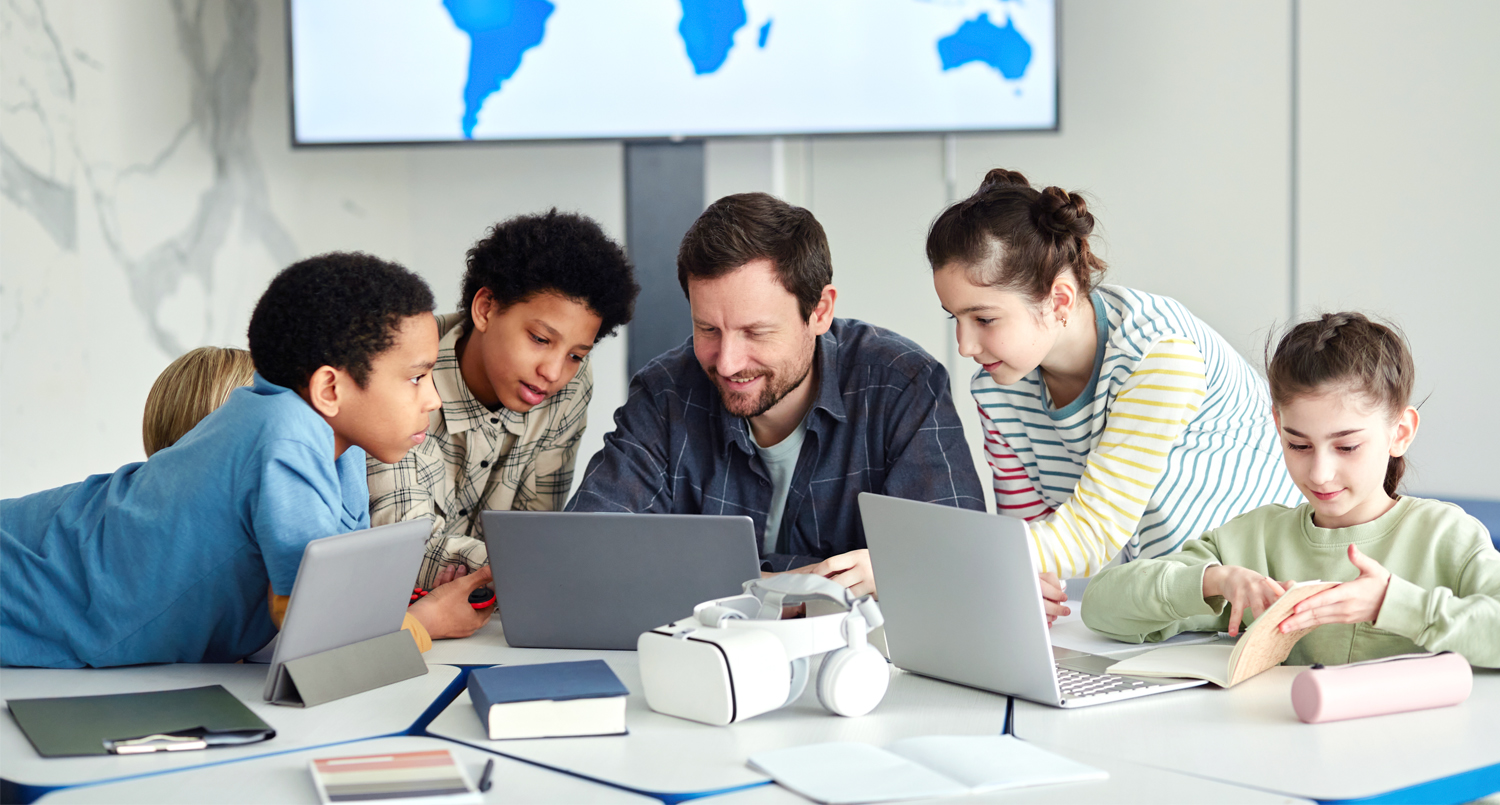
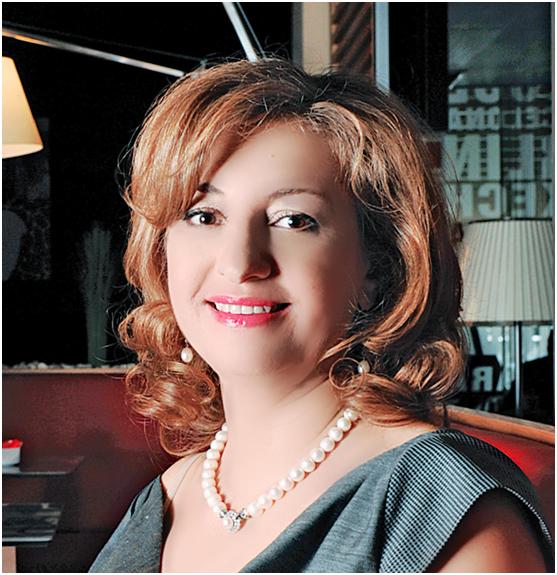 Chryso ChristodoulouCEO – Founder
Chryso ChristodoulouCEO – Founder